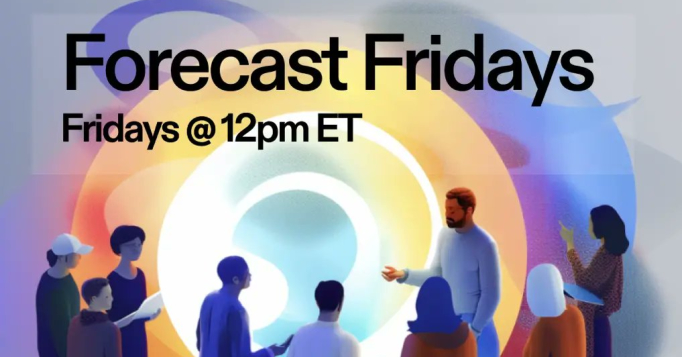Join us for Forecast Friday tomorrow at 12pm ET, where Metaculus Pro Forecaster Metaculus Pro Forecaster Michał Dubrawski will present and lead discussion on shifting territorial control in Ukraine.
Michał has forecast on Metaculus since 2019 and signed on as a Pro Forecaster last year. He's also an INFER pro forecaster and a member of the Swift Centre forecasting team.
Tomorrow, he'll focus on the following forecast questions:
Will Ukraine have de facto control of the city council building in Mariupol on January 1, 2024?
Add Forecast Fridays to your Google Calendar or click here for other formats.
Forecast Friday events feature three rooms:
- Forensic Friday, where a highly-ranked forecaster will lead discussion on a forecast of interest
- Freshman Friday, where new and experienced users alike can learn more about how to use the platform
- Friday Frenzy, a spirited discussion about the forecasts on questions on the front page of the main feed
This event will take place virtually in the EA Gather Town from 12pm to 1pm ET.
To join, enter Gather Town and use the Metaculus portal. We'll see you there!

